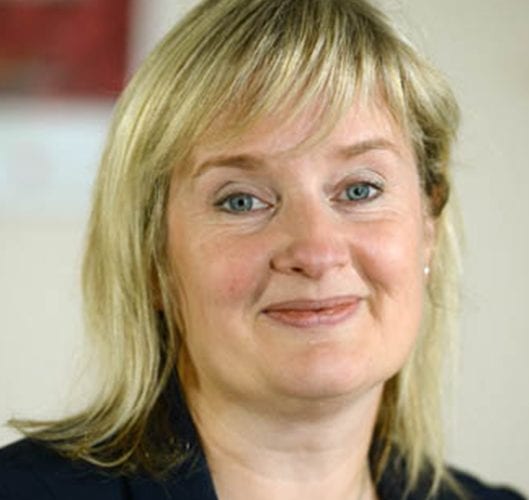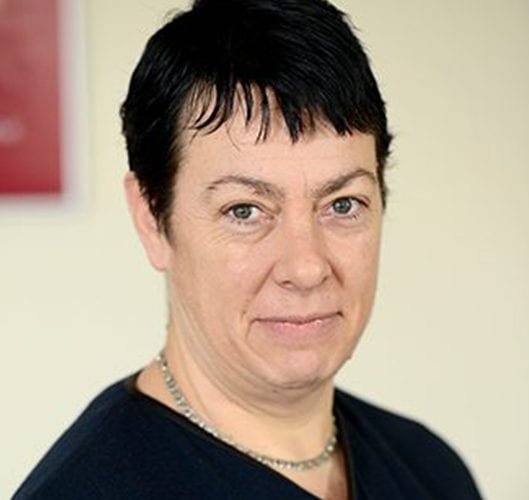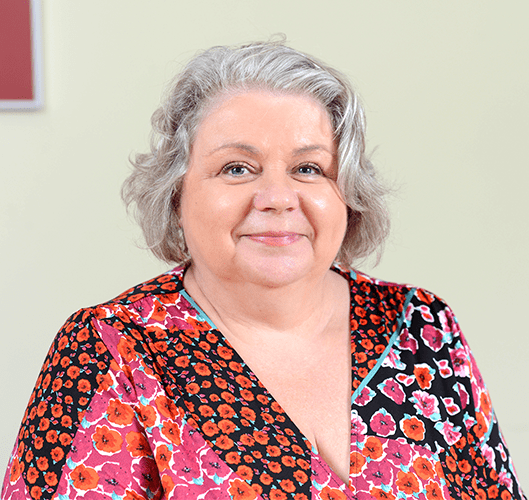
What is a conveyancing solicitor?
A conveyancing solicitor is a specialist in all legal aspects regarding transferring the ownership of a property from a seller to a buyer. They represent you in the conveyancing process to confirm you meet all your legal obligations and ensure that your rights are protected.
Do I need a solicitor to remortgage?
When transferring or remortgaging your property with a new lender you should use a solicitor or conveyancer to ensure the legal requirements are met. If you are remortgaging with your current lender or moving to a new rate or deal, no additional legal work is required meaning a solicitor would not typically be required in this case.
How much are conveyancing fees?
There are many things to consider, as well as the agents’ fees you will also need to pay legal fees. Within the legal fees, there will also be disbursements when buying or selling a property. “Disbursements” are payments made by your solicitor to others, such as search fees stamp duty and land registry fees. You also need to budget for removal expenses. Contact us to obtain a free conveyancing quote.
What does a conveyancing solicitor do?
A conveyancing solicitor is an expert in the legal transfer of homeownership between a seller and the buyer. They examine the contract and supporting documents. A conveyancing solicitor will also conduct a range of legal searches to ensure there are no other factors you should be aware of.
Do I need a solicitor to buy a house?
The buying and selling of property are part of a legal process called conveyancing. It is not necessary to instruct a solicitor when buying a property but it is highly recommended. Conveyancing requires knowledge in property and contract law. Without legal expertise, there is a chance of things going wrong.
When do I pay solicitors fee when buying a house?
Your conveyancing fees will need paying throughout the process and on completion of the property.
When to instruct a solicitor when buying a house?
If you are selling speak to your solicitor before you put your house on the market. If you are buying do it before making an offer. The earlier you speak to a property lawyer, the more advice you can obtain.
What searches do conveyancing solicitors do?
Part of the role of a conveyancing solicitor will be to carry out a range of property searches on the property you’re planning to purchase. These searches are typically made up of local authority searches, land registry searches, environmental searches and water searches. They can take several weeks depending on how fast the local authority act.
What is a “local search”?
It is a set of standard enquiries that your solicitor raises with the local council. It relates solely to the property itself and would not, for example, reveal proposals to develop or extend on neighbouring land. The local council charge a fee “the local search fee” which your solicitor collects from you and pays the council when the search is done.
How long does the buying/selling process take?
The average time between instructing your solicitor and moving into your new home is 10-12 weeks. However, many transactions proceed more quickly and some, more slowly. It can depend on when contracts are received or mortgage offers received, or even if people go on holiday!
Why can conveyancing take so long?
To avoid the risk and cost of owning two houses people usually choose to buy and sell at the same time. A few linked transactions then arise, each dependent on the other and exchange of contracts must take place simultaneously in all transactions. This means that the speed of progress is dictated by the slowest link in the chain.
Can conveyancing solicitors act for two sides?
A solicitor cannot act for both the buyer and the seller of the same property. Nevertheless, the same solicitor can represent different properties within a chain.
Should you use a local solicitor for conveyancing?
It is not necessary to use a local solicitor for conveyancing. However, using a local solicitor can have the benefit of being able to visit your local office to sign for papers rather than waiting for post deliveries. Furthermore, a local solicitor could have a greater awareness of local issues that might need an extra careful look at.
What is the difference between a licensed conveyancer and a solicitor?
A conveyancing solicitor is fully trained in legal services and has chosen to specialise in conveyancing. A licensed conveyancer is trained only trained in conveyancing and does not have further legal knowledge.
What is Stamp Duty Tax?
This is now called SDLT and is payable on some properties when completion happens. There are circumstances in which it is not payable, but a form still has to be submitted to the stamp office. The rate varies depending on the property and your circumstances.
We hope you found our frequently asked questions for moving house useful and informative.
If you have any further frequently asked questions for moving home our house conveyancing Solicitors can help. Please give our team a call at your nearest Ringrose Law Office.


